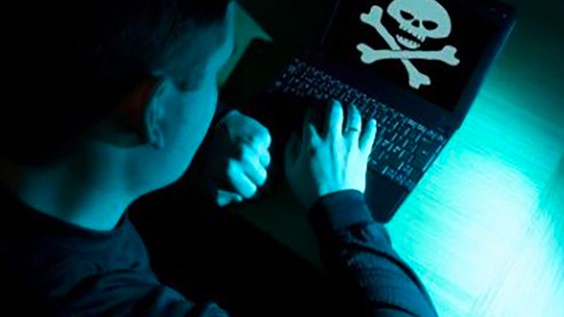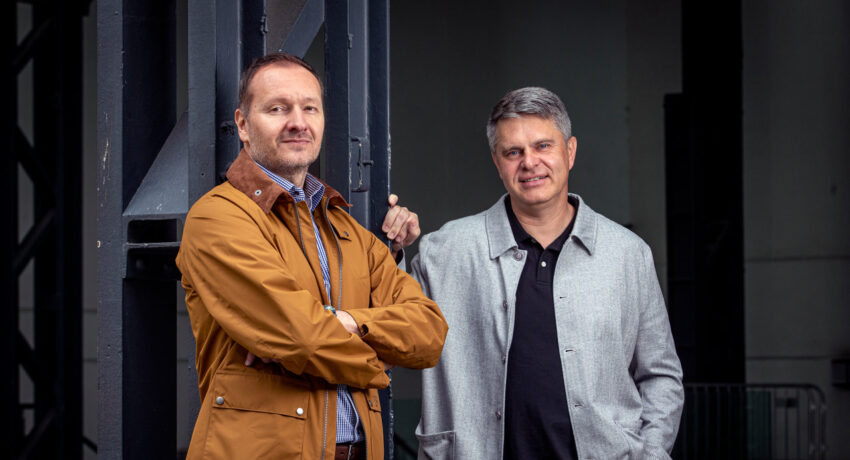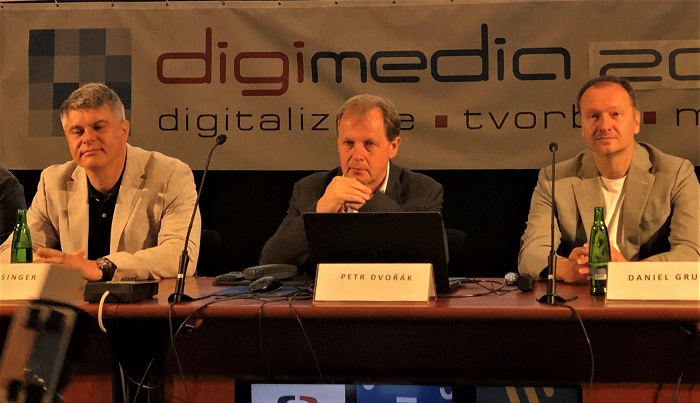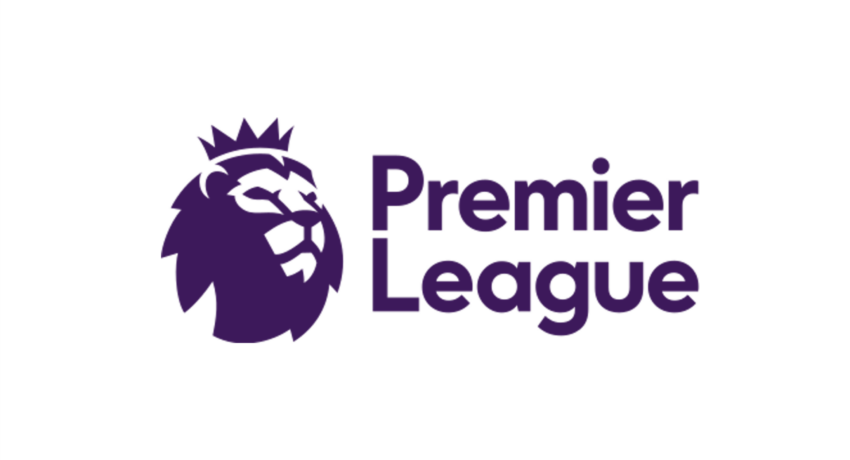The online repository should pay nearly a million crowns for allowing the Czech film Šarlatán to be downloaded despite repeated warnings.
The legal battles between film distributors and the Ulož.to online repository have reached another stage. Both sides have had alternating success in court. Last week, justice took the side of the film distributor CinemArt. On Thursday, the Municipal Court in Prague ruled that Ulož.to should pay CZK 976,000 for allowing the downloading of the biographical drama Šarlatán without the consent of the copyright holders.
The film was available on Ulož.to for at least two years, even repeated warnings from the rights holders did not help.
According to Hospodářské noviny, which reported on the non-final judgment, this is the first successful lawsuit for monetary compensation against similar servers. Ulož.to is appealing the verdict and believes that CinemArt will ultimately receive no compensation.
The disc with the film could be easily found on Ulož.to at the time of writing this article. Various evasions delay and prolong legal disputes. The repository has recently changed the nature of the service and its operator. The current name is Ulož.to Disk, technically it is presented as a cloud service with external search, and the operator is Cloud Platforms a.s. based in Most.
The dispute concerns the operation of the server in its previous form, which was operated by Petacloud. The same people are acting on behalf of that company and the current Cloud Platforms, both companies have their seats at the same address in Most. Petacloud has been subject to an enforcement procedure since May this year because of another case related to the fact that Ulož.to allowed the uploading and downloading of the TV Prima series Duch. In addition, the Court keeping the Register of Companies has initiated proceedings to have the company dissolved because it has not filed documents in the Collection of Deeds for a long time.
How did the court arrive at the amount of CZK 976,000 in the Šarlatán case? According to CinemArt, it corresponds to the amount for which it sells licenses to use similarly successful films. And they could ask for even more. As the judge noted the licensing fees can range from hundreds of thousands to millions of crowns. And because the dispute relates to unauthorised use of the work, the copyright holder could demand double the normal price under the law.
“The judgement contains many errors and shows a lack of understanding of the issue, which we, unfortunately, encounter regularly in courts of first instance. The higher courts agree with us in these disputes but unfortunately, this often takes a very long time, and the opposing party takes advantage of that,” says Ulož.to, disputing the damage caused.
The repository disagrees with the legal conclusion the judge reached. It argues that as a cloud service provider, it does not use any works and thus cannot infringe copyright. “As such, the first and key condition for a claim for unjust enrichment (as the court held) is not satisfied. Even the Supreme and Constitutional Courts have previously confirmed our opinion,” Ulož.to states.
The judge accepted CinemArt’s arguments that Petacloud could avoid paying the court-ordered amount. She, therefore, ordered Ulož.to to pay CZK 976,000 within three days of receiving the judgment. But even that does not mean CinemArt will get the money. This follows from the operator’s response to the judgment.
“The alleged ‘damages’, the payment of which has been ordered by a ruling that is not final but has an immediate effect, will not be paid to CinemArt but will be deposited in a lawyer’s custody. It is for the Court of Appeal to decide whether the funds will be returned to Ulož.to or paid to CinemArt. Given the numerous errors in the judgment, we naturally expect to recover the funds,” the repository added in its media statement.
Ulož.to considers it absurd that a repository operator should provide compensation for unjust enrichment whenever user-generated content infringing copyright appears on its commercial platform. Ulož.to argues that applying this logic, even the world’s major platforms allowing content to be uploaded to them could not operate.
The file search has not been running on the Ulož.to domain since the beginning of this year. Instead, the repository redirects users to Gozo or other search engines such as Google, DuckDuckGo, or Seznam when a keyword is entered. Gozo states on its website that it does not store search history or collect any personal data. The search engine does not have any company contact details apart from email and a form, and the domain is registered anonymously.
Ulož.to is also facing other lawsuits initiated, for example, by Prima TV or Nova TV. Since January, copyright holders have had a stronger position thanks to an amendment to the Copyright Act. Simply put, the amendment introduced the principle that repositories like Ulož.to should actively seek permission in advance for copyrighted content that might appear on them. Very large platforms with more than five million users a month have an obligation to prevent the uploading of works about which the copyright holders have provided the relevant and necessary information and which they do not wish to be distributed on the repository.
Platforms that are used by fewer than five million users per month must remove the work upon notification by the rights holders and do everything possible to prevent it from being re-uploaded.
The changes to Ulož.to were made after the amended Copyright Act had come into force at the beginning of January. The repository became a cloud service. “In Czech conditions, this is the most common self-protection of those running a business at the expense of copyright holders,” said Klára Brachtlová who presented the situation of the fight against pirated content on the internet on behalf of the Association of Commercial Television at the Digimedia conference in June.
Repository operators use various creative ways to complicate the enforcement of legal obligations. Services purposely change their names or terms and conditions; one company is liquidated and another one is created immediately afterwards. It is also typical to change the operator when the service is facing a lawsuit. The physical seats of companies use virtual office services.
The Association of Commercial Television suggests taking inspiration from abroad. Responsibility for operating online content-sharing services should not only be held by legal entities (companies) but also by specific people. The Czech legal system could also introduce the last-resort option of blocking access to a particular server that infringes copyright on a mass scale. Such options exist in Greece, Italy, Lithuania, France, and other countries.
TV stations argue that they lose money from broadcast advertising if users download content from an online repository. In addition, these sources include unaired episodes that have exclusive previews on pay services such as Voyo or Prima+. More money is thus lost due to unpurchased subscriptions. TV stations also complain that repositories attach their own online advertising to the downloads, thus adorning themselves with borrowed plumes and engaging in unfair competition by using another party’s unlicensed content for their own commercial purposes.
Source: lupa.cz















